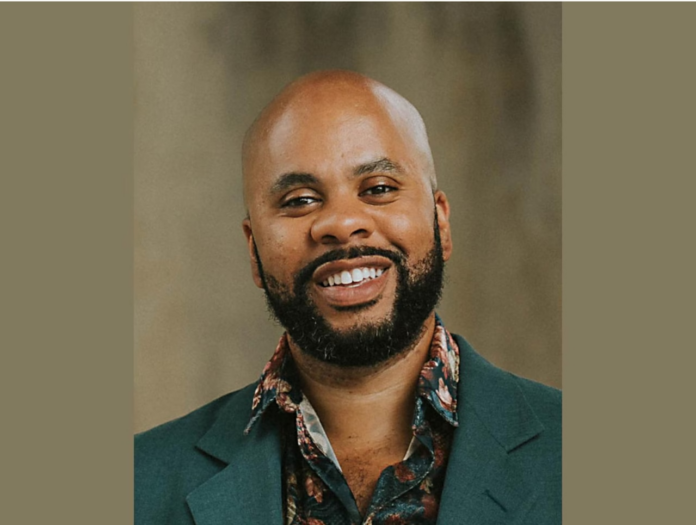
Dear Eric: My husband and I are in our mid-70s, married more than 50 years. He has been physically disabled since our mid-30s, has some form of OCD (never officially diagnosed because he refuses), and now has symptoms of early dementia.
He has extreme mood swings, does not have a normal sleep pattern, is verbally abusive and demeaning, and shows no concerns for my most basic needs.
I used to say that on a good day, I halfway like him although any feelings of love are long gone. I can’t even say that anymore. His worsening behavior reminds me of all the mental and physical abuse that I stupidly put up with for years.
I should have left him years ago and now I feel trapped. Neither of us have any family to depend on. I know that the dog and I would be much happier without him, but it feels like I would be abandoning a dependent person, and I’m not sure I could live with the guilt.
There is no real joy when you are severely sleep deprived and constantly cursed at. I can’t enlist medical help because he rarely sees a doctor, only when absolutely necessary. Is there any way to get out of what is feeling increasingly like a living hell?
– Wiser Too Late in WNY
Dear Wiser: Despite the pseudonym you chose, I want to assure you that it’s not too late. While he may not be able to fully care for himself because of his medical issues, there’s a big difference between him being dependent on you and using his disability to excuse his abusive behavior. It’s neither unfair nor unkind for you to set a boundary and advocate for yourself.
Make a plan. Figure out what your financial landscape would look like if you were to leave. The Legal Aid Bureau of Buffalo is one of many resources that offers low-cost divorce consultation. You can also reach out to the National Domestic Violence Hotline (thehotline.org) for support and legal aid.
Your husband should be involved in his own care. But it will help you both to enlist some outside support. The Alzheimer’s Association (alz.org/wny), the Center for Elder Law & Justice (elderjusticeny.org), and the New York Office for Aging (aging.ny.gov) all have resources for caregivers. They can also connect you with a social worker or other skilled professionals to aid your husband in making decisions about his care.
Your husband will likely resist any attempt to change the status quo. But marriage is a mutual agreement, not a life sentence for one. You deserve joy.
(Send questions to R. Eric Thomas at [email protected] or P.O. Box 22474, Philadelphia, PA 19110. Follow him on Instagram and sign up for his weekly newsletter at rericthomas.com.)
